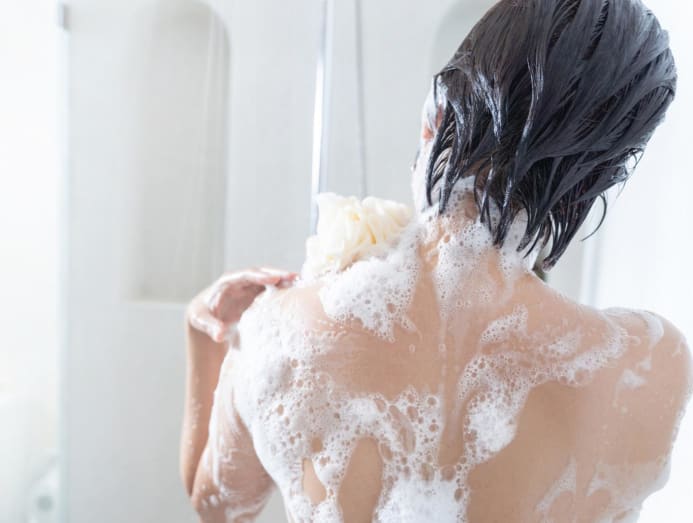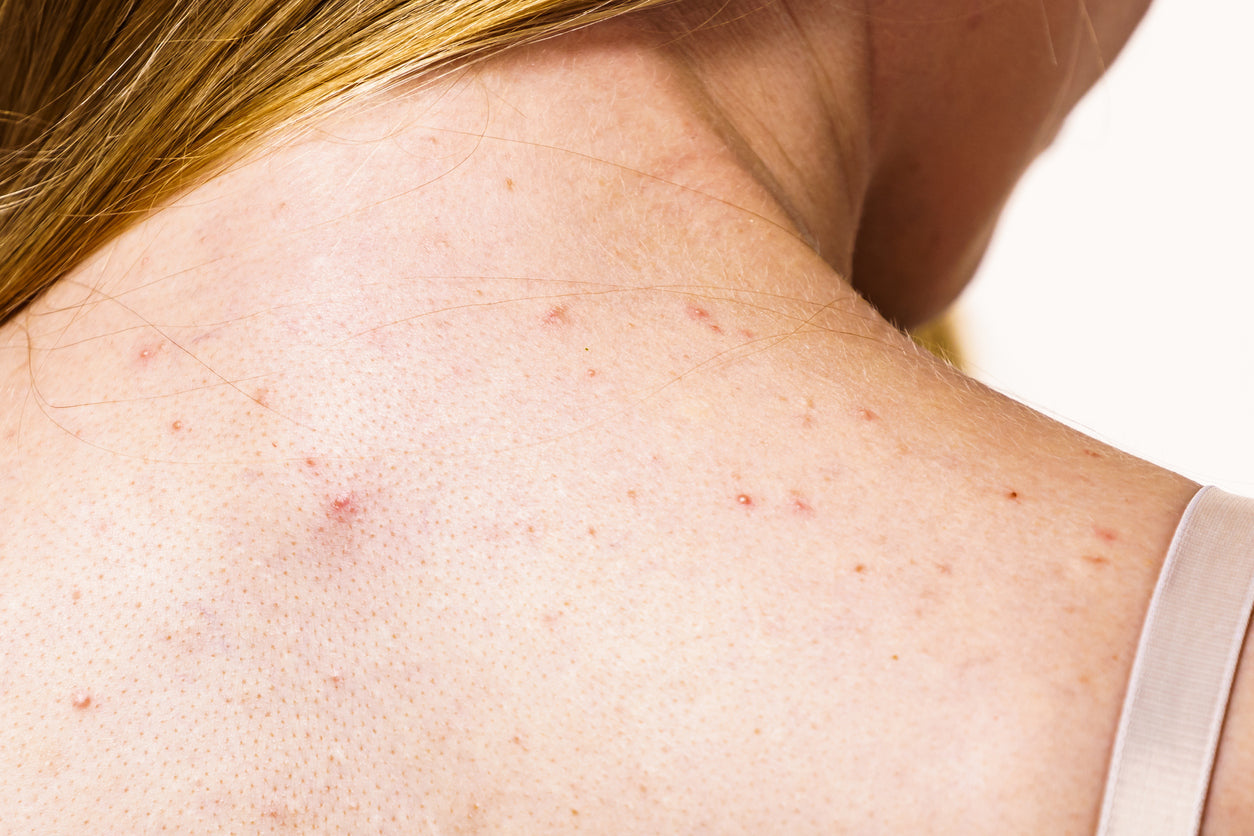Best Fabrics for Acne-Prone Skin: Gentle and Effective Options
For those dealing with acne-prone skin, finding the right fabrics is an essential component of skincare. The wrong fabric can exacerbate skin issues, while the right choice can help maintain skin health and comfort. As a beautician, understanding the impact of your client's clothing choices on their skin condition is invaluable.
Acne-prone skin is sensitive and can be easily irritated by fabrics that cause excess moisture and friction. Knowing the best fabrics for acne-prone skin is crucial for advising clients who are struggling to keep their skin clear and healthy.

Understanding How Fabrics Affect Acne-Prone Skin
Fabrics interact with the skin all day long, meaning they can significantly influence the skin's condition. Certain fabrics trap heat and moisture, creating a breeding ground for bacteria, while others might cause friction that can lead to or worsen acne. Heres a look at how different materials affect acne-prone skin:
Breathability Matters
Breathable fabrics are a must for those with acne-prone skin. Materials like cotton and linen allow air to circulate, which helps keep the skin dry and prevents the buildup of sweat and bacteria. Friction acne prevention starts with choosing clothes that don't suffocate the skin.
Moisture-Wicking Fabrics
Fabrics that wick moisture away from the skin, such as bamboo and merino wool, help to keep acne-prone skin dry and comfortable. Moisture-wicking materials are particularly beneficial for those living in humid climates or leading active lifestyles. Tips to combat body acne often recommend these materials for their efficiency in moisture control.
Synthetic Fabrics to Avoid
Not all fabrics are created equal when it comes to skin health. Synthetic fabrics such as polyester and nylon can trap heat and sweat, leading to clogged pores and acne flare-ups. A common cause of acne on the body is attributed to such materials, which can severely affect skin prone to breakouts.
Choosing Fabrics for Specific Activities
Everyday Wear
For daily wear, it's best to stick with soft fabrics that allow the skin to breathe. Lightweight cotton or bamboo are excellent choices for shirts and undergarments. Avoiding friction and heat buildup is crucial for acne-prone individuals.
Sports and Exercise
During physical activities, prioritize moisture-wicking fabrics. They manage sweat effectively and prevent skin irritation. Look for activewear made from technical fibers designed to stay dry and comfortable.
Why Fabric Choice Matters in Skincare Routines
Your clients come to you for expertise not only in skincare products but also in lifestyle advice that benefits their skin. Educating them about the importance of choosing the right fabrics reinforces the holistic approach to skincare. You can guide them to opt for clothing made from skin-friendly materials as part of a comprehensive skincare regime.

FAQ
Why is cotton recommended for acne-prone skin?
Cotton is breathable, hypoallergenic, and absorbs moisture, making it ideal for individuals with acne-prone skin.
Can synthetic fabrics cause acne?
Yes, synthetic fabrics can trap moisture and heat, leading to irritation and acne outbreaks.
Are there specific fabrics to wear during workouts?
Workouts require moisture-wicking fabrics like bamboo and specialized sportswear fibers to manage sweat effectively.
This article contains affiliate links. We may earn a commission at no extra cost to you.

